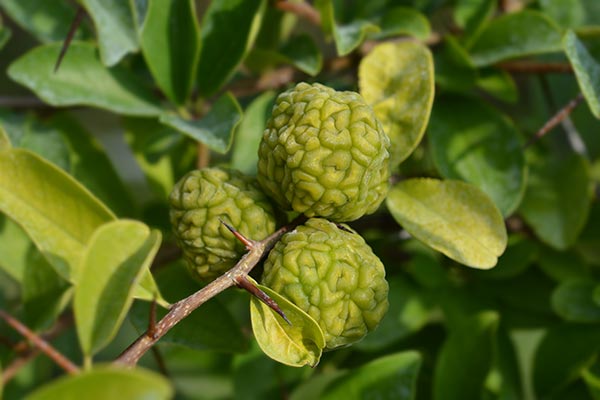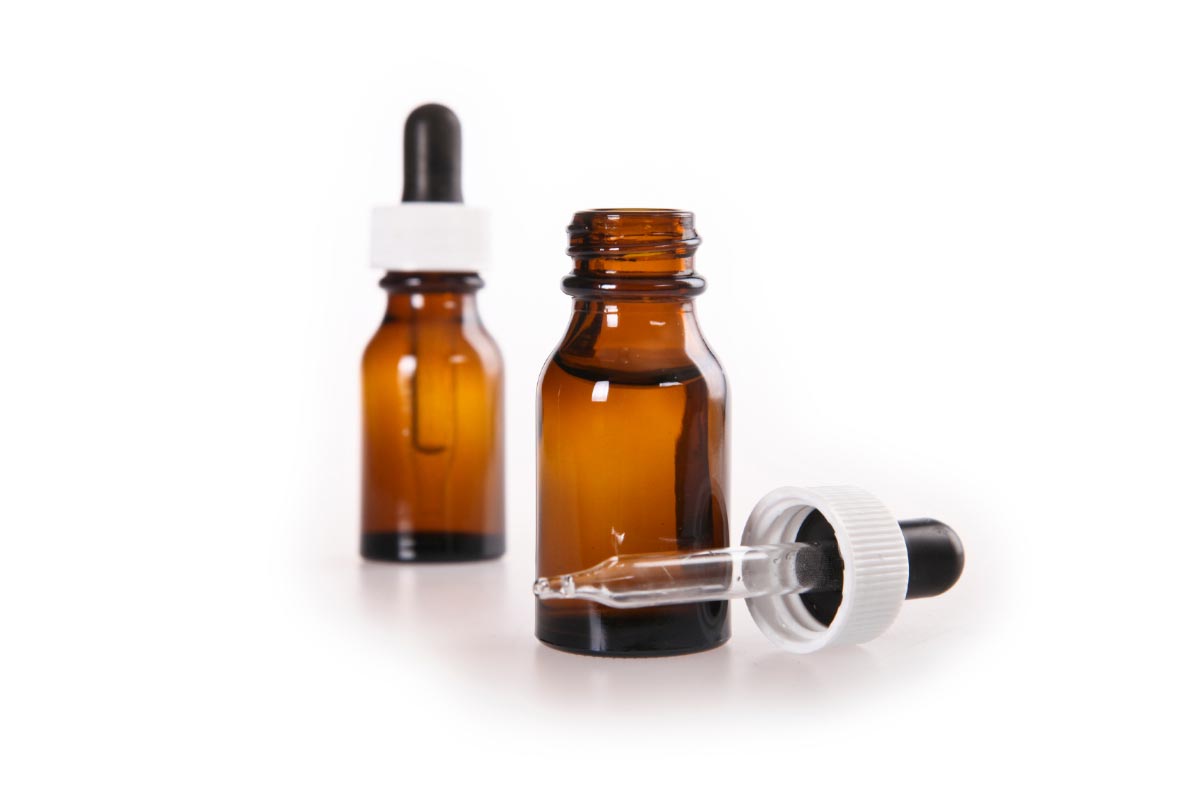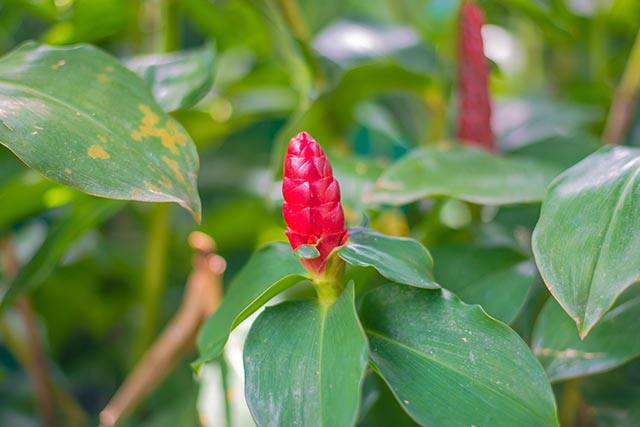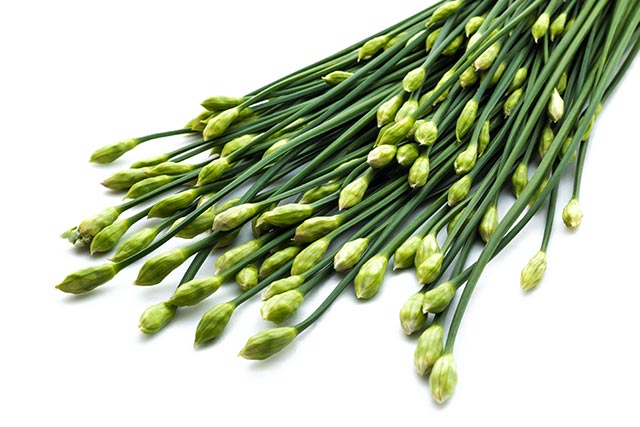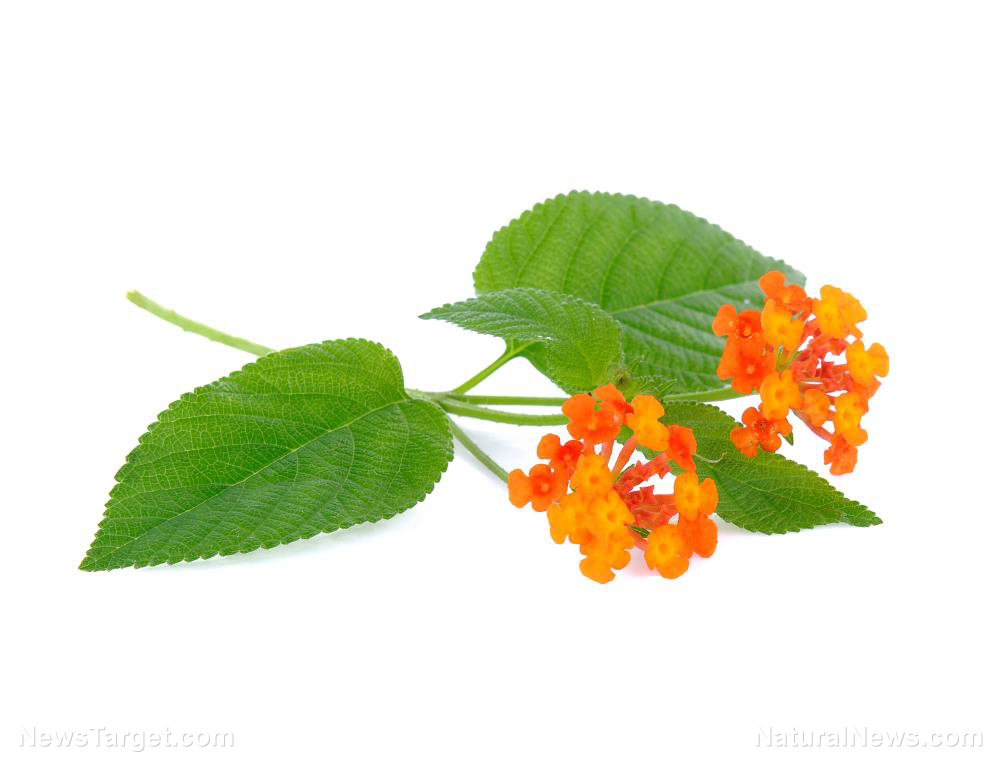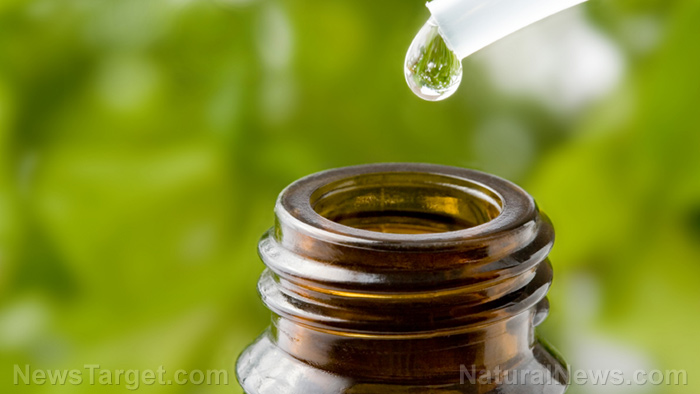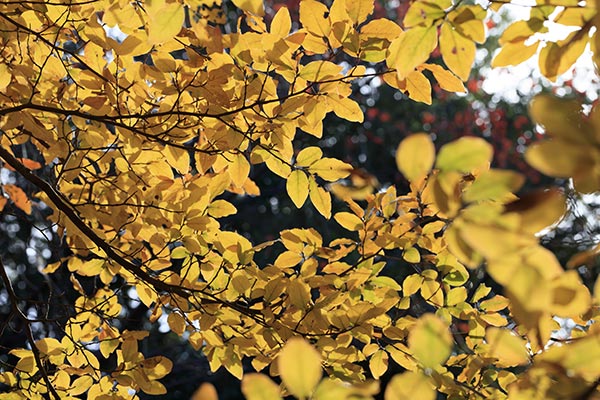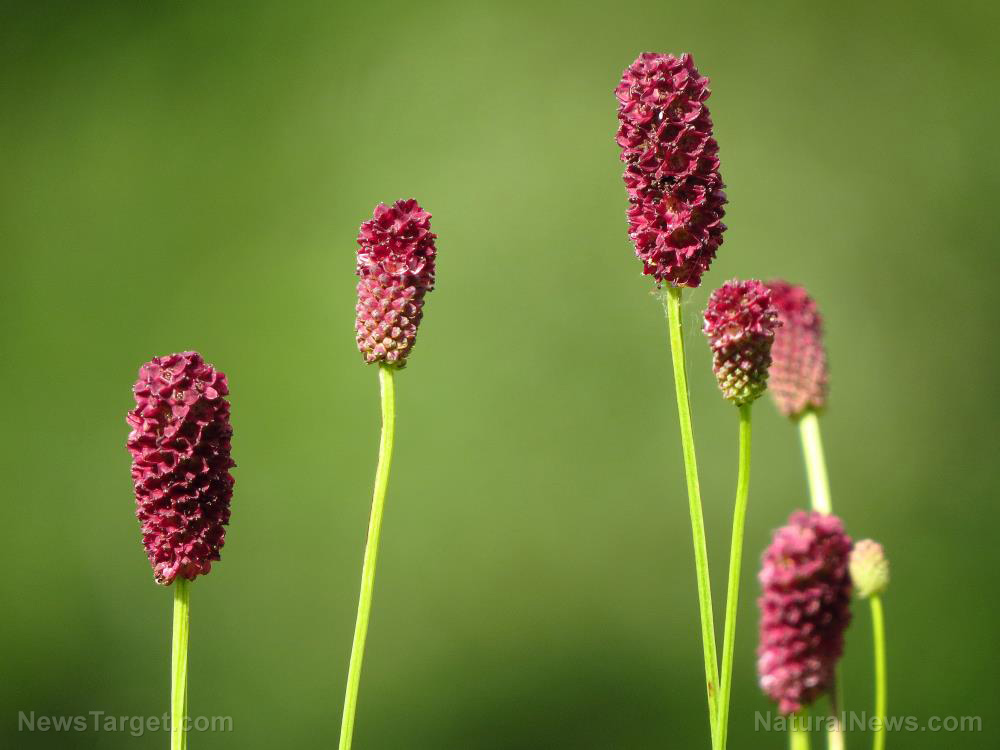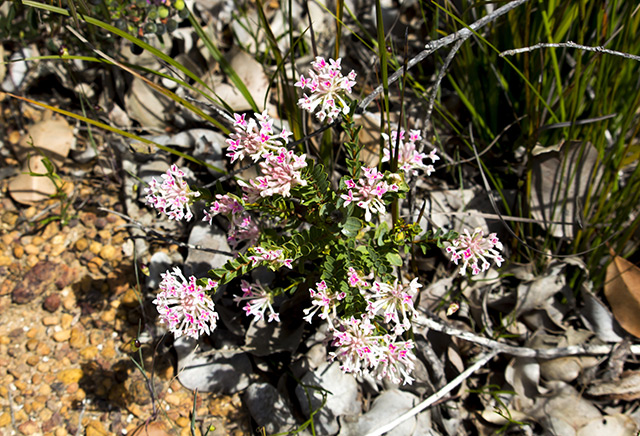One of nature’s best medicines, garlic is better at removing parasites in your body than conventional drugs
11/06/2018 / By Michelle Simmons

People have used garlic for thousands of years, whether it’s to add spice to a dish or treat various diseases. If a study in BMC Complementary and Alternative Medicine is to be believed, the well-known herb can also treat a parasitic infection called schistosomiasis. The chronic condition, which also goes by snail fever, is caused by blood flukes from the genus Schistosoma.
Researchers at King Saud University investigated the ability of garlic extract and allicin to prevent schistosomiasis and inflammation. To do this, the team assessed liver fibrotic markers in mice that have been infected with the parasite. The results were then compared to praziquantel, a drug commonly used to treat schistosomiasis. The mice were infected with S. mansoni and were treated with either garlic, allicin, or praziquantel. After a day, the mice were sacrificed, and the samples were collected for further analysis. The team looked at the liver and intestines of the mice, investigating the tissues and the parasites. In addition, they evaluated pro-inflammatory cytokine mRNA expression.
The findings revealed that treating mice with both garlic extract and allicin caused a sharp decline in S. mansoni population. Both garlic and allicin also reduced biomarkers for liver fibrosis and pro-inflammatory cytokines. These results, the authors noted, are comparable to that of praziquantel, without the harmful side effects. (Related: Garlic’s healing properties are so intense that it is 100 times more effective than antibiotic treatments.)
“In this study, immunohistochemical expression of fibronectin and ?-SMA, as well as mRNA expression of inflammatory cytokines serving as markers of hepatic fibrosis, reflected significant anti-inflammatory and immunomodulatory effects after both prophylactic administration and treatment of infected mice with garlic extract or allicin,” the researchers wrote.
The researchers concluded that garlic and allicin can be used to treat schistosomiasis, thanks to its anti-inflammatory and immunomodulatory properties.
More reasons to eat garlic
Garlic may have a pungent smell and taste, but it is what makes the herb really healthy. When garlic is cut or pressed, the cells get broken, causing them to release an enzyme known as alliinase. Alliinase chemically changes the inherent alliin into allicin, which is a sulfur-containing molecule. This process results in the pungent smell of garlic. Allicin is not only responsible for garlic’s odor, but also for some of its medicinal properties. Experts believe allicin can protect against many health conditions, such as atherosclerosis, diabetes, high blood pressure, and high cholesterol. Allicin supplements are also used to boost athletic performance.
You can include garlic to your diet in many ways. You can do the following:
- Add minced garlic to marinades.
- Cut up pieces of raw garlic and add them to a baked pasta dish.
- Saute garlic to include it in sauces, dips, and salad dressings.
- Add toasted garlic slices with steamed vegetables.
- Add roasted garlic to mashed potatoes.
For every 100 grams of garlic, you may get about 150 calories, 33 g of carbs, and 6.36 g of protein. Garlic is also a great source of various vitamins and minerals, such as vitamins B1, B2, B3, and B6, folate, vitamin C, calcium, iron, magnesium, manganese, phosphorous, potassium, sodium, and zinc.
Read more news stories and studies on superfoods like garlic by going to Superfoods.news.
Sources include:
Tagged Under: allicin, food as medicine, food cures, garlic, garlic extract, natural cures, parasites, Schistosomiasis
RECENT NEWS & ARTICLES
Herbs.News is a fact-based public education website published by Herbs News Features, LLC.
All content copyright © 2018 by Herbs News Features, LLC.
Contact Us with Tips or Corrections
All trademarks, registered trademarks and servicemarks mentioned on this site are the property of their respective owners.


